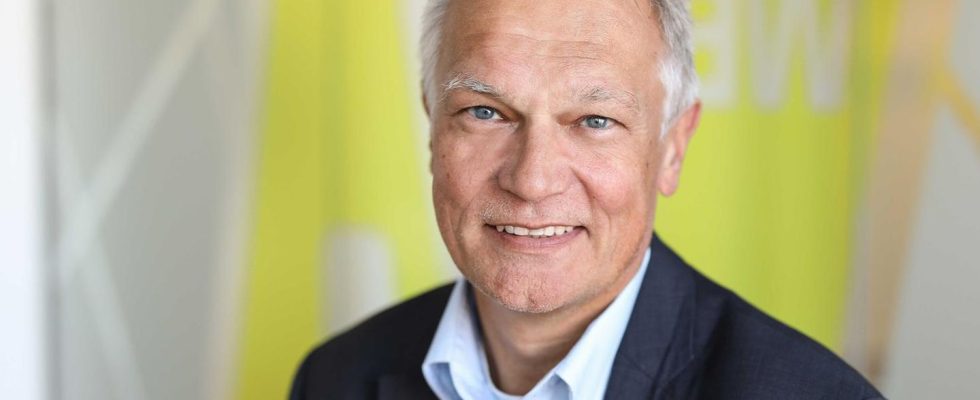Manuel Frondel, economist at the RWI-Leibniz Institute for Economic Research in Essen, explains how the state could drastically reduce the burden on private households when it comes to energy costs. His demand: immediately reduce electricity taxes and abolish network fees!
The Germans were so happy that electricity and gas would become affordable again after the energy crisis triggered by the Ukraine war. But the joy was short-lived: energy will become noticeably more expensive again in 2024. The reason is not that electricity traded on the stock exchanges would become more expensive, on the contrary, it became cheaper there again in December. Purchasing prices are also falling because last year, for the first time, Germany generated well over 50 percent of its electricity from particularly inexpensive sources: wind turbines, photovoltaic systems and hydroelectric power plants.
This time, German inflation results from purely government measures. The federal government not only abolished the electricity and gas price brake, which was able to cushion price peaks in times of crisis. It has also increased the cost that energy providers have to pay for a ton of CO2 from 30 to 45 euros. As a result, consumers have had to spend more on gasoline, diesel, heating oil and natural gas since January. At the same time, Berlin will raise the VAT on gas again to 19 percent from March – it was reduced to seven percent at the beginning of the energy crisis.
Ultimately, network fees for electricity rise by around a quarter. The Federal Network Agency sets their amount; they are part of the electricity price. The major electricity network operators use them to maintain and expand their infrastructure. This increase alone makes the kilowatt hour of household electricity a few cents more expensive.
Consumer advocates are now calling on the state to immediately provide financial support to private households – in a socially staggered and therefore fair manner. The traffic light has stipulated “a social compensation mechanism” in the coalition agreement, a “climate money”. The idea: Part of the government’s additional revenue from CO2 pricing is paid back to the population, meaning that those who use little energy benefit relatively more than those who consume a lot. Climate protection would therefore be rewarded. The problem: The introduction of this climate money is unlikely to succeed before 2025 for administrative reasons; the state will have difficulty merging tax and account numbers.
The star interviewed Professor Manuel Frondel, head of the “Environment and Resources” department at the RWI – Leibniz Institute for Economic Research, about how consumers can be quickly relieved without the state sliding into the next financial crisis. He has just prepared a study for the employer-oriented “Initiative New Social Market Economy” (INSM).
Mr. Frondel, this year there is a risk that energy prices for private consumers will rise significantly again, even though stock market prices are falling. What is wrong with us?
Nothing is wrong. It’s just that consumer prices always lag behind stock market prices because supply contracts cannot always be adjusted immediately. This is actually a good thing for consumers, because this delay also protected them in times like mid-2022, when exchange electricity prices went through the roof. Otherwise it could have been very, very expensive for them.

